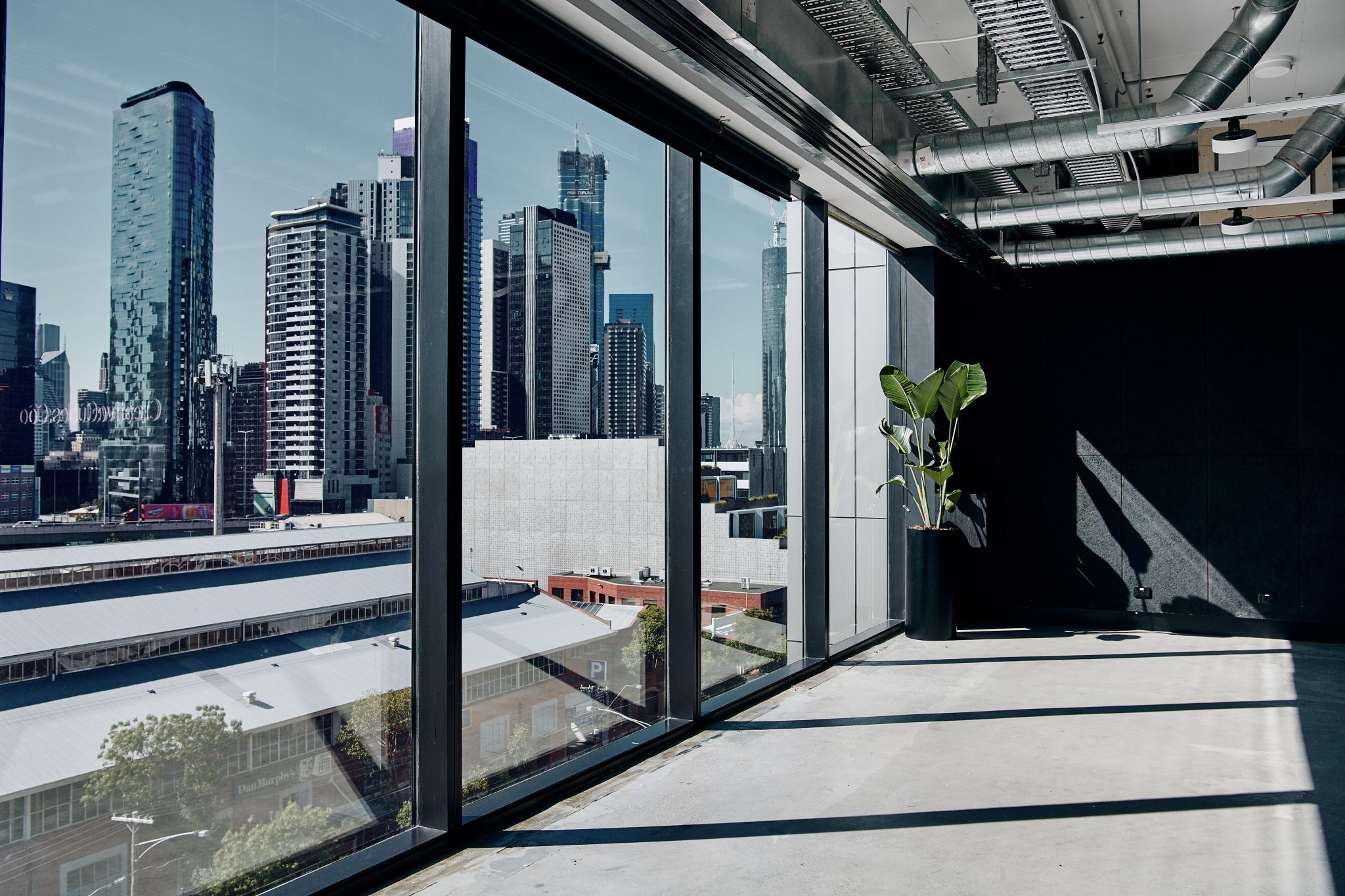As WFH burnout mounts, many are turning to coworking and flex office space
As cities went silent and corporate HQ’s shuttered thanks to the pandemic, millions of white collar workers experienced the freedom of working from home. For many, this has been a welcomed change with its waist-up dress codes, bedroom to kitchen commute and the escape from the dogged pace of the traditional office.
While the pandemic has proven the structure of work can be less fixed to a particular time and place, professionals are beginning to feel the WFH burnout as the lines between bedroom and boardroom blurred.
Uniquely positioned to fill the void and alleviate the gambit of problems WFH brings with it, flexible office and coworking providers popularity is surging as professionals are keen to dip their toes back into an office environment and reestablish rhythm into their working day.
Reinforce work/life balance
While remote work provides flexibility, surveys are surfacing an unhappy trend in the WFH experiment: employees are struggling to unplug from their work. Whether they are spending additional time in meetings, attempting to prove their productivity or simply losing track of time, it’s because the working day no longer has clear boundaries.
Coworking and flexible office providers are emerging as a valuable resource in reinforcing and maintaining a healthy work/life balance. With an assortment of flexible membership solutions including on-demand options, as well as an array of amenities including health and wellbeing services, the coworking industry addresses the pitfalls of remote work. Flexible office operators provide individuals the opportunity to escape the chaos of home life while pushing them to finish work and feel productive within an office environment.
Community and collaboration
For many, work is a relationship and frequent, familiar connections are the cornerstone of a healthy and fulfilling relationship. As professionals are relegated to their homes and the usual workplace interactions are replaced with monotonous Zoom meetings, the ease of connection is harder to replicate leaving many feeling disoriented and isolated.
Flexible office operators are emerging as a lifeline for remote workers by providing something more than just a desk; a community. Strong communities are the main source of support for both professional and personal development and many remote workers who have made the switch to a flexible workspace are already reaping the benefits thanks to the ease and encouragement of collaboration and connection.
As businesses rapidly implemented remote working models in March, few could have predicted the kitchen table would continue to reign as “the office” eight months later. Although as temporary as they were first perceived to be, remote work is here to stay. Or at least to a degree. As the WFH experiment has highlighted the importance of work/life balance and in-person connection, coworking and flex office spaces are the happy medium for individuals who strive for the right balance of community and flexibility as the pandemic recedes.




